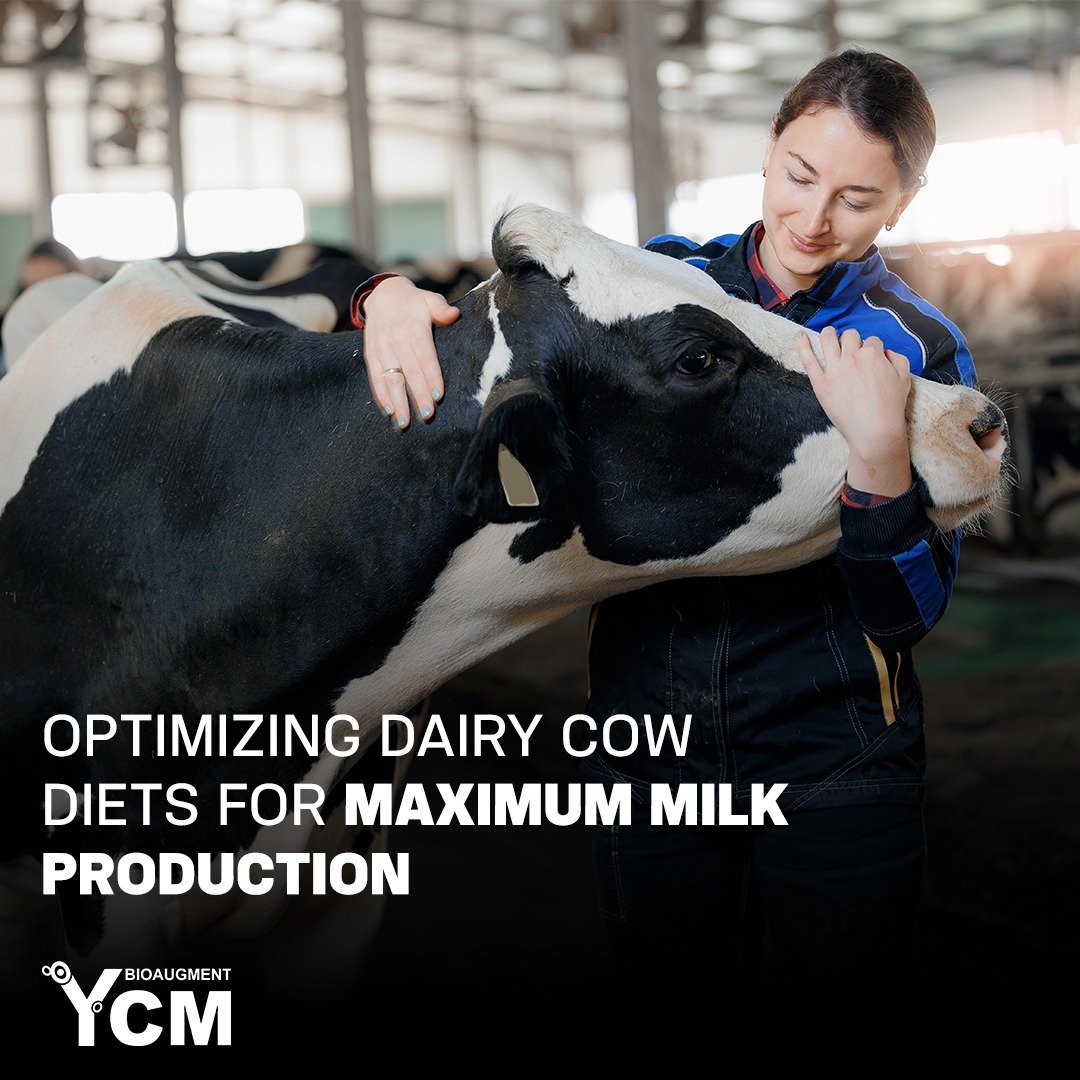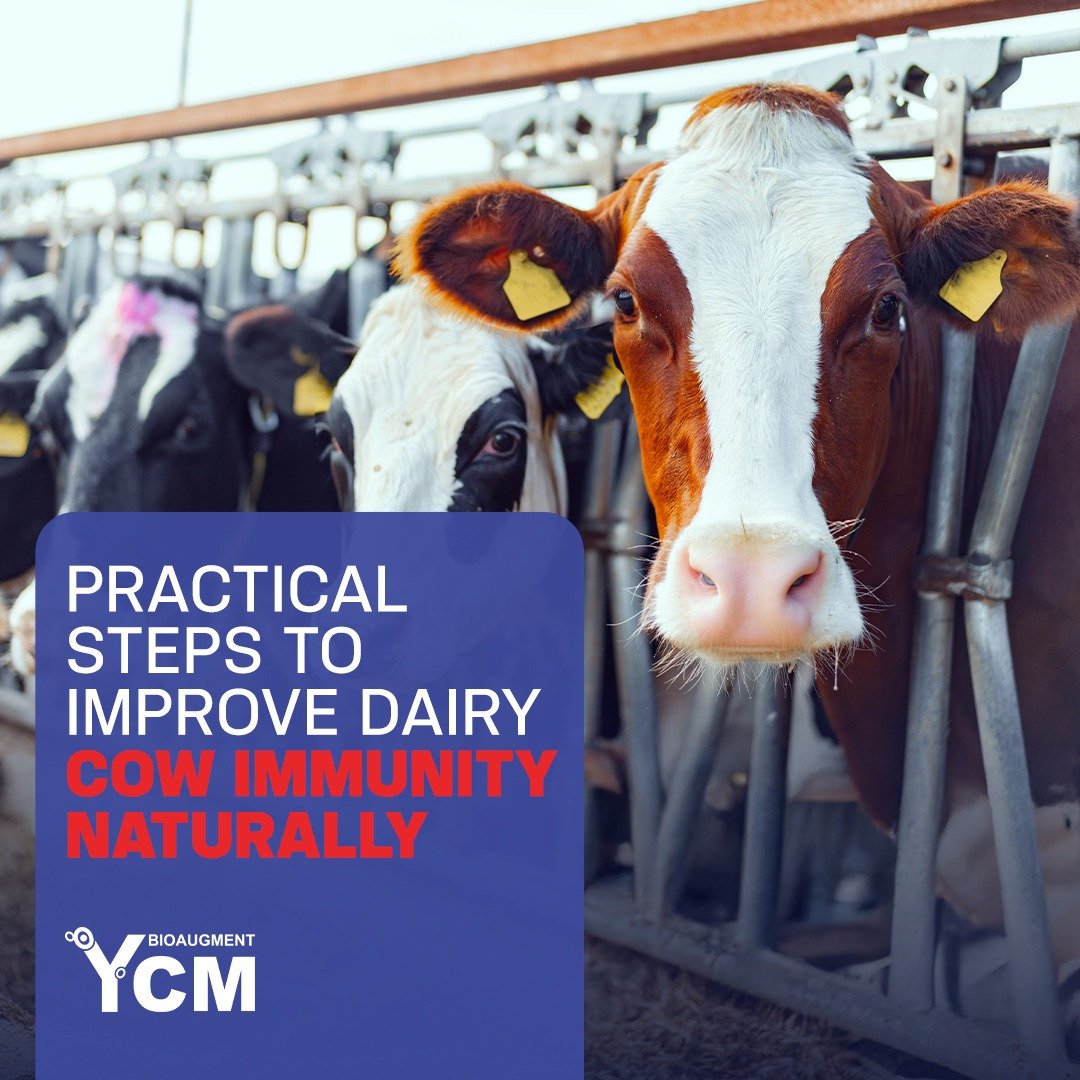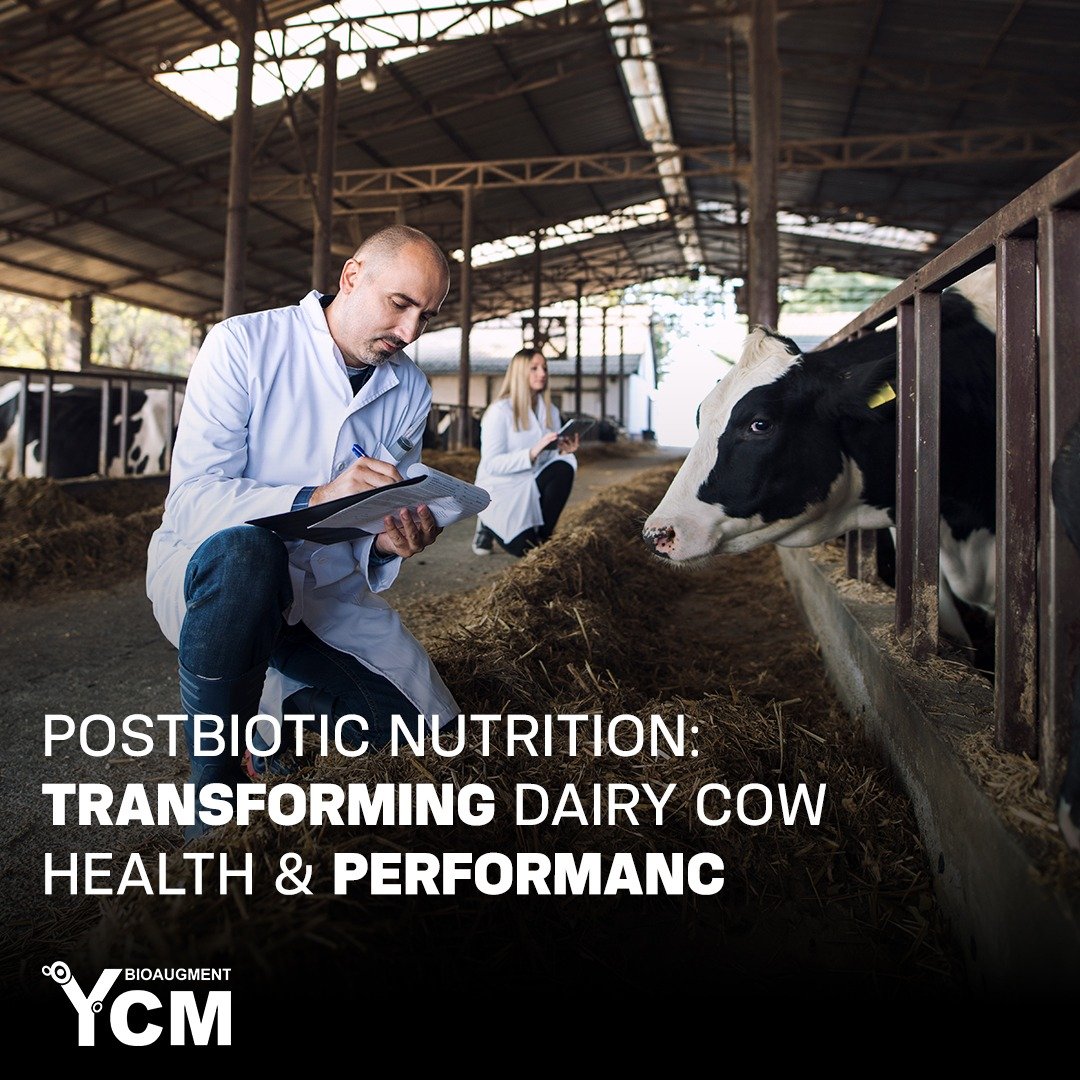In the modern U.S. dairy industry, success depends on how efficiently cows convert feed into milk. The foundation of high performance begins with a well-balanced dairy cow diet that supports energy demands, rumen health, and reproductive efficiency.
Proper nutrition isn’t just about feeding more — it’s about feeding smarter.
Understanding the Nutritional Demands of Dairy Cows
Dairy cows require a precise mix of nutrients to sustain high milk yield and herd longevity. The right combination of carbohydrates, protein, fiber, minerals, and vitamins helps maintain digestive balance and metabolic health.
Key Nutritional Components
-
Energy Sources: Grains, silage, and byproducts to meet high energy demands during lactation.
-
Protein Balance: Essential amino acids to promote milk protein synthesis.
-
Fiber: Maintains rumen function and prevents acidosis.
-
Micronutrients: Zinc, selenium, and calcium for immunity and milk quality.
When these elements are in balance, cows perform better producing more milk with fewer metabolic complications.
Feed Efficiency and Rumen Function
Feed efficiency is directly linked to rumen performance. An optimal dairy cow diet supports microbial activity and stable fermentation, leading to higher volatile fatty acid (VFA) production — the main energy source for milk synthesis.
Tips for Better Feed Utilization
-
Maintain consistent feeding times to stabilize rumen pH.
-
Use high-quality forages to encourage chewing and saliva buffering.
-
Avoid sudden ration changes that disrupt microbial populations.
-
Support rumen microbiota with postbiotic supplements like YCM (Yeast Culture Metabolites).
The Role of YCM in Dairy Nutrition
YCM, a postbiotic feed additive, provides over 600 functional metabolites that enhance gut and rumen performance. Unlike probiotics, YCM works through bioactive compounds that support existing microbes and improve nutrient absorption.
Benefits of YCM in Dairy Cow Diets
-
Improves feed conversion ratio (FCR) by boosting fermentation efficiency.
-
Reduces acidosis risk by stabilizing rumen pH.
-
Enhances milk yield and solids through better energy utilization.
-
Supports immunity and fertility via antioxidant and immune-modulating metabolites.
Integrating YCM into a Total Mixed Ration (TMR) can optimize digestion and ensure every bite of feed contributes to productive output.
Practical Feeding Strategies for U.S. Dairy Farms
To sustain consistent milk production across changing seasons, U.S. dairy farmers can follow these proven strategies:
-
Adjust energy density according to lactation stage.
-
Incorporate postbiotics like YCM for stable microbial fermentation.
-
Provide free-choice minerals and fresh, clean water.
-
Regularly analyze feed samples for nutrient accuracy.
-
Use precision feeding software to customize rations by cow group.
These steps ensure nutrient delivery aligns with metabolic needs preventing feed waste and maximizing performance.
Economic and Environmental Impact
Balanced diets not only enhance milk production but also reduce nutrient losses and lower methane emissions. Optimizing dairy cow diets contributes to sustainable farming practices while improving farm profitability.
Key Takeaways
-
Balanced dairy cow diets drive performance, reproduction, and longevity.
-
Rumen stability is the foundation of high milk output.
-
YCM postbiotics improve feed efficiency, milk quality, and herd health sustainably.
For U.S. dairy farmers, achieving consistent milk production depends on strategic nutrition that supports both rumen and gut health. By integrating Bioaugment YCM into balanced rations, farms can unlock better feed efficiency, animal wellness, and long-term productivity — naturally and sustainably.





